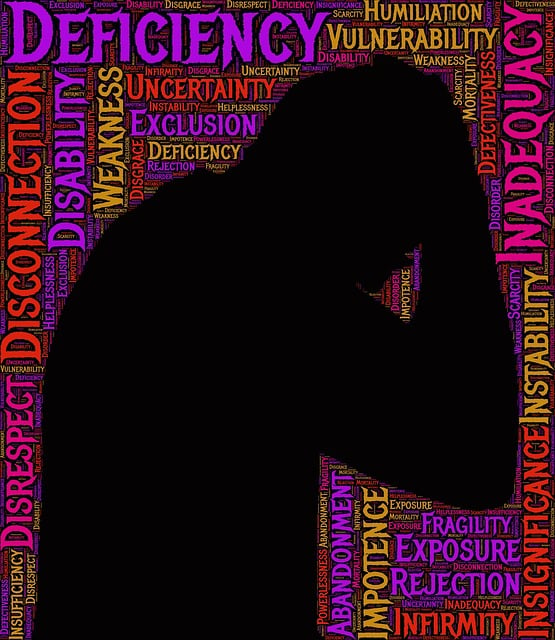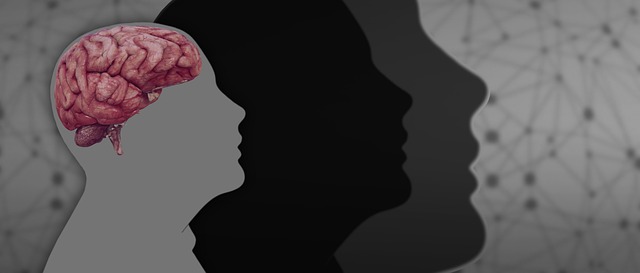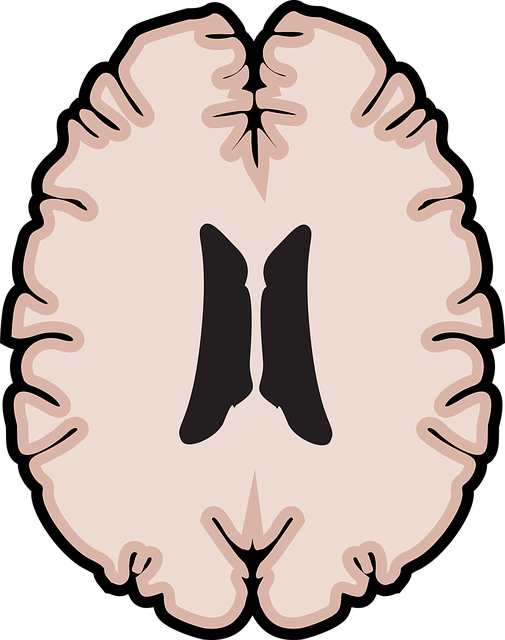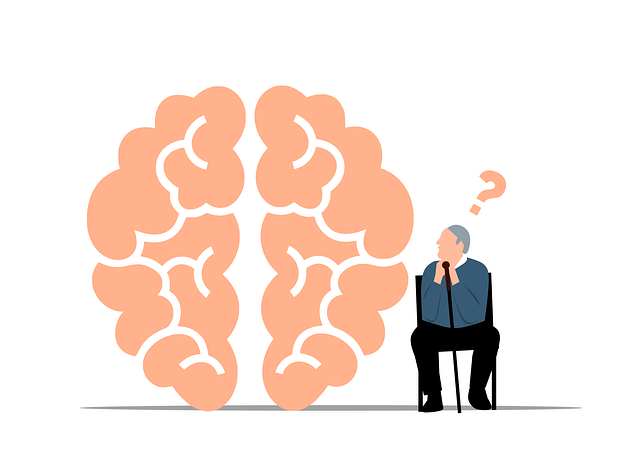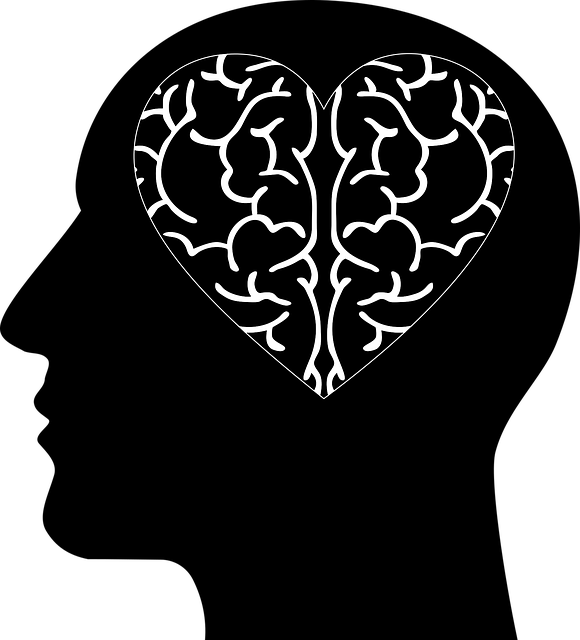Understanding loss, grief, and bereavement among elders requires personalized, compassionate therapy focusing on mental wellness and resilience building. Therapy for Elders with a gender-affirming care approach is gaining recognition as a vital tool. This method validates clients' self-identified gender expressions, fostering trust and open communication, especially crucial when addressing complex emotions related to loss. Community outreach programs integrating this sensitive support can help elderly individuals cultivate long-term coping mechanisms tailored to their unique cultural needs and challenges.
Loss, grief, and bereavement counseling are essential aspects of supporting elderly individuals through life’s most difficult transitions. This article explores a sensitive approach tailored specifically for elders, delving into the complex emotions that surface during times of profound loss. We examine the role of gender-affirming care in creating safe spaces for vulnerable populations and discuss effective therapy strategies for providing meaningful support. By understanding the unique needs of elderly clients, therapists can facilitate healing and enhance the quality of life for those navigating grief.
- Understanding Loss, Grief, and Bereavement: A Sensitive Approach for Elders
- The Role of Gender-Affirming Care in Counseling
- Effective Therapy Strategies for Elderly Individuals Grieving Loss
Understanding Loss, Grief, and Bereavement: A Sensitive Approach for Elders

Understanding loss, grief, and bereavement is a delicate process, especially when addressing the unique needs of elders. This sensitive approach requires a deep understanding that each individual’s journey through these emotions is highly personal. Elders may have experienced multiple losses over their lifetimes, from the passing of loved ones to the decline of health and independence. The impact of these losses accumulates, influencing how they cope with subsequent grief.
Therapy for elders seeking support during this challenging time should focus on fostering mental wellness and resilience building through compassion cultivation practices. A gender-affirming care environment is crucial, ensuring that elders feel seen, heard, and respected while navigating their emotions. By adopting these approaches, counselors can provide a safe space, enabling elders to process their grief in healthy ways and cultivate coping mechanisms for the long term.
The Role of Gender-Affirming Care in Counseling

In recent years, there has been a growing recognition of the importance of gender-affirming care in counseling, especially for elders experiencing loss and grief. Traditional therapy models may not always resonate with individuals from diverse gender backgrounds, highlighting the need for approaches that are inclusive and respectful. Gender-affirming care aims to create a safe and supportive environment where counselors validate and embrace a client’s self-identified gender expression, fostering trust and encouraging open communication. This is particularly crucial when addressing complex emotions related to bereavement, as it allows elders to express their feelings authentically without fear of judgment or misgendering.
For older adults in the community, implementing a Community Outreach Program focused on mental health can play a pivotal role in promoting well-being and providing therapy for elders who may face unique challenges due to societal norms and age-related stereotypes. By integrating gender-affirming care into these programs, counselors can offer anxiety relief and encourage positive thinking, ensuring that all individuals receive culturally sensitive support tailored to their needs.
Effective Therapy Strategies for Elderly Individuals Grieving Loss

Elderly individuals experiencing loss, grief, and bereavement can benefit from specialized therapy approaches tailored to their unique needs and challenges. One effective strategy is incorporating gender-affirming care, ensuring comfort and validation in a supportive environment. Many elders have specific cultural beliefs and traditions surrounding grief; thus, healthcare providers should undergo comprehensive training in cultural competency to offer empathetic, sensitive care.
Additionally, conflict resolution techniques can help resolve intergenerational tensions or family disputes arising from bereavement. Emotional intelligence plays a pivotal role in these interactions, enabling therapists to understand and respond to the complex emotions of elderly clients effectively. Through these strategies, therapy for elders can foster healing and provide them with healthy coping mechanisms to navigate their grief journey.
Counseling for older individuals experiencing loss, grief, and bereavement is a specialized field that benefits greatly from gender-affirming care. By employing therapeutic strategies tailored to the unique needs of elderly clients, therapists can enhance their well-being during challenging times. Effective therapy for elders includes creating safe spaces to express emotions, validating their experiences, and offering practical support. With the right approach, counseling sessions can be life-changing, helping individuals navigate grief and find new purpose, ensuring they receive compassionate care throughout their healing journey.

